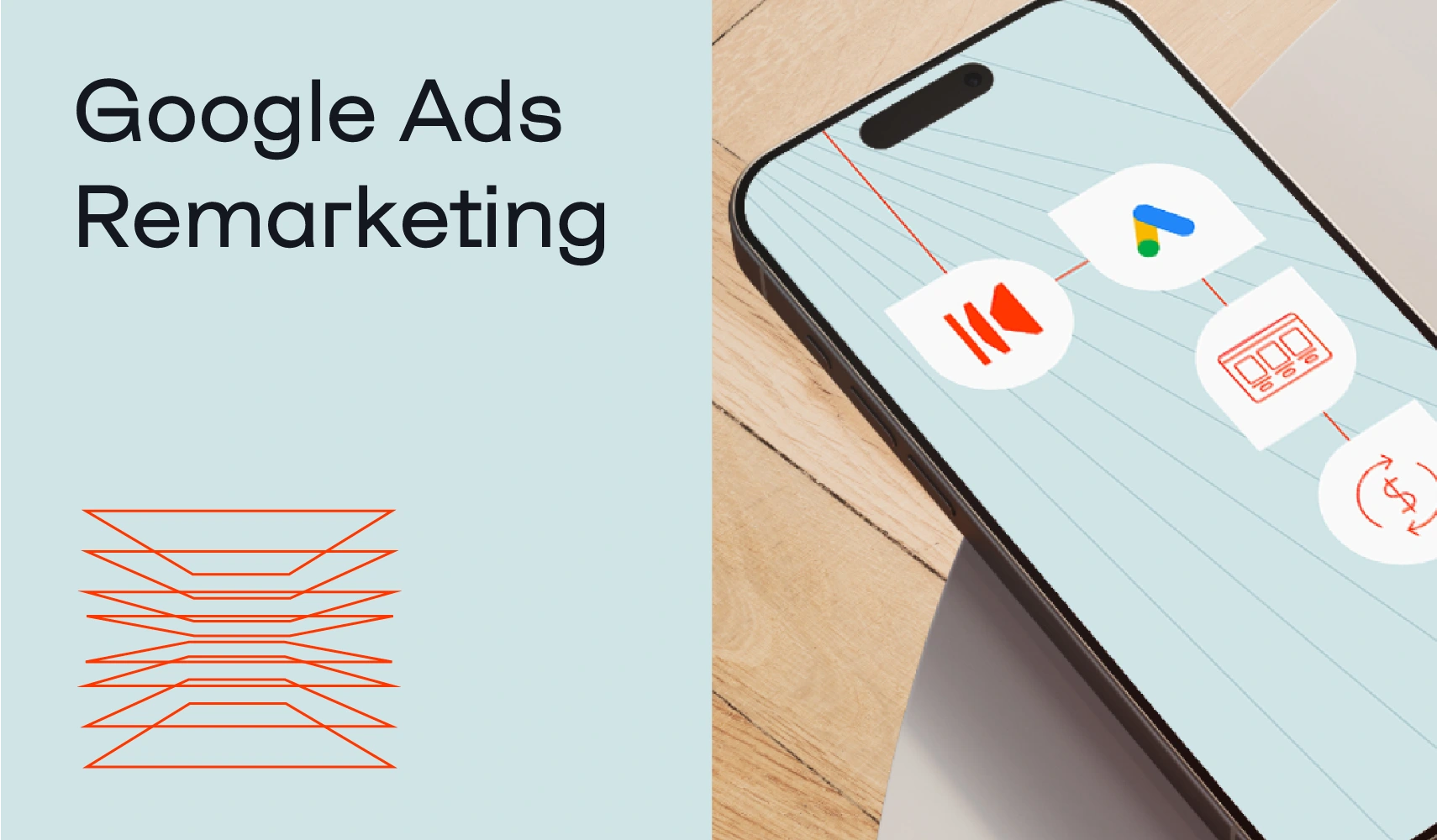Artificial intelligence (AI) is more than just a buzzword – it's completely rewriting the digital marketing game. Gone are those days SEO was only about cramming content with keywords. As search engines become better at predicting user intent through AI, we face a new challenge. We need to find the right balance between human creativity and AI efficiency in order not to fall behind.
Time to dive into the innovations, opportunities and pitfalls that come with AI pushing search capabilities into the future.
Search evolution: Intent takes over keywords
Gone are the days when it was enough to insert keywords here and there, now it's all about the user's intent.
Search engines are now more sophisticated and understand the context behind the user's queries, which means we need to rethink our SEO strategies – it's about being creative and relevant instead of just focusing on the number of keywords on the landing page.
SEO today is about collaborating with the user's goals and pain points, not just counting keywords. Integrating components like location services and personalized recommendations turn searches into interactive exchanges between users and your content.
Embracing Semantic Search
Incorporating semantic search requires a combination of data analysis and empathic writing. This approach focuses on delivering relevant and valuable insights, in line with the expertise and reliability that users expect.
While keyword planning remains an important component, its role is becoming more nuanced in the broader strategic cycle. It's about creating meaningful interactions and standing out in a digital world where the abundance of information is enormous.
Looking at Google's BERT algorithm, we see how it uses natural language processing to understand the real intent behind a search. This represents a big leap from simple keyword matching to predictable, contextually aware results.
In plain language, this means that AI doesn't just improve searches – it also anticipates our needs, often before we've formulated them ourselves.
AI understands more than just user intent. It also contributes to a more personalized search experience on search engines.
By analyzing past user data such as location and search history, AI can predict the future preferences of search engine users.
AI's transformative role in SEO
AI is a disruptive force in digital marketing, making it important for content creators to understand the technology.
It's about machine learning that analyzes data to predict which content is most relevant to search queries.
With search engines like Google and Bing that use AI to improve the accuracy of results, marketers need to understand the impact of AI to stay competitive.
Leverage AI for advanced content strategies
AI tools offer much more than just improvements to current methods.
They enable optimization through trends and advanced analysis. These tools provide insights into how the strategies are performing with metrics such as CTR and engagement.
AI also suggests improvements based on user behaviors, transforming content optimization by uncovering new opportunities and offering data-driven recommendations for continuous improvement.
AIO – AI optimization of content
AI's role in content creation marks a new era. Think AIO writers.
It starts with AI designing content, integrating keywords and adapting to search engine results pages. But AI is not enough on its own. A human writer trained in AIO then takes over. They take the AI drafts and refine them.
The optimized pieces of text attract readers and meet the criteria of modern search algorithms. They maintain the language and unique voice of the brand.
The interesting thing about this model is not only the quantity. I'm talking about accuracy and credibility, which are critical to any high-quality EEAT content strategy.
Marketers who integrate AIO into their strategy aren't just in the game—they're leading it.
Synergy between AI and human expertise in SEO
AI increases efficiency, but the nuanced touch of human writing adds depth and appeal to content. This collaborative process involves the use of AI for initial drafts and human skill for final fine-tuning.
Today, creating SEO-friendly content requires careful methodology. AI lays a solid foundation, but it's human skill that makes the content stand out
Review, edit, optimize
Turn great writing into great communication. Improve syntax and integrate search terms strategically, where balance between SEO and readability is key.
Image material is needed. They enhance your text and help explain complex ideas. Alt tags and clear images also contribute to SEO by improving user experience and indexing.
Fact check your content
Fact-checking establishes authority and combats misinformation. Truth is our responsibility as creators, reflecting Google's EEAT principles.
Build trust
This means adding personal stories and authoritative links to build trust with your readers.
Generative AI's role in search results
Generative AI redefines ranking of content based on quality. This advancement challenges traditional SEO tactics, as algorithms now have the ability to create and rate content in a way we've never seen before.
Raising quality standards everywhere
In this competitive environment, high quality standards become essential. Google's ever-evolving algorithm updates now prioritize content that is relevant, original, and useful—reflecting the goals of generative AI.
This change means strict fact-checking and authenticity in the creation of content.
Improving the user experience through AI
Generative AI affects more than just search rankings. It affects creative storytelling, tone and user engagement metrics.
The narrative around the facts improves the user experience, as authoritative links within the content add credibility.
Despite AI's advanced capabilities, however, the essential human factor in content writing cannot be overlooked.
The fusion of technology and the natural human touch in creating compelling narratives is irreplaceable.
Stay up-to-date in AI development
The future of search engine marketing is rapidly evolving with the advancement of AI. Marketers must stay current and prepare for this change. Here are some key strategies:
- Stay up to date on AI trends: Keep up with the latest developments in AI. Subscribe to industry publications and participate in professional discussions about AI trends and technologies.
- Understanding AI's challenges: Identify AI's opportunities and risks. Generative AI is promising but also raises concerns about misinformation. According to forecasts from Gartner, up to 80% of marketers will need teams dedicated to responding to AI-generated error information by 2027.
- Consider copyright concerns: Copyright issues are paramount with generative AI. After the 2023 decision by the US Copyright Office, navigating copyright becomes more complicated, especially with AI-generated content. The decision reminds us that we must humanely edit AI-generated drafts to maintain the human imprint and ownership of our content.
- Be aware of regulatory changes: Monitor the changing regulatory landscape for AI technologies. Anticipate and prepare for inevitable regulatory actions affecting the use of AI.
Marketers need to stay informed, understand challenges, navigate copyright issues and maintain regulatory awareness to successfully navigate the AI-driven future of search engine marketing.
Integration of human expertise with AI in search technology
The combination of human expertise and AI is becoming increasingly important for the optimization of search functions.
This aggregation isn't just helpful – it's critical to mastering modern search algorithms.
AI provides enormous processing power but lacks a human-like, nuanced understanding. Marketers must use their insight to refine the AI results. This leads to a more targeted approach that matches user intent and increases efficiency.
This fusion also helps predict shifts in consumer behavior that pure data may miss. Combining metrics with human empathy ensures that digital strategies connect personally with users.
Creativity and predictive analytics: A powerful combination
Creativity is a fundamental human factor and the key to standing out in a crowded market.
When mixed with AI's predictive analytics, creativity becomes both original and data-driven, maximizing impact.
We see this partnership in action when we analyze metrics like CTR. Human creativity is the factor to lean on to build interest and curiosity, while AI can optimize reach based on these insights.
Making better decisions with AI and human insight
AI is great at quickly finding patterns that support SEO decision making.
But without human strategic review, AI can single-handedly miss opportunities that require human cultural understanding or trend identification.
Professionals must use AI tools to augment, not replace, their decision-making. This approach allows for quick, but well-considered strategic choices.
Shaping the future of search with AI
AI is reshaping how we search. It's changing the way we create content, adapt to algorithms and stay ahead of the curve in marketing. The future of search isn't just about keywords—it's about understanding and using AI.
Understand how to function in the role of AIO – AIOs are not just assistants; they are co-creators. Generative AI is not a threat, but an ally for those who learn to collaborate effectively.




